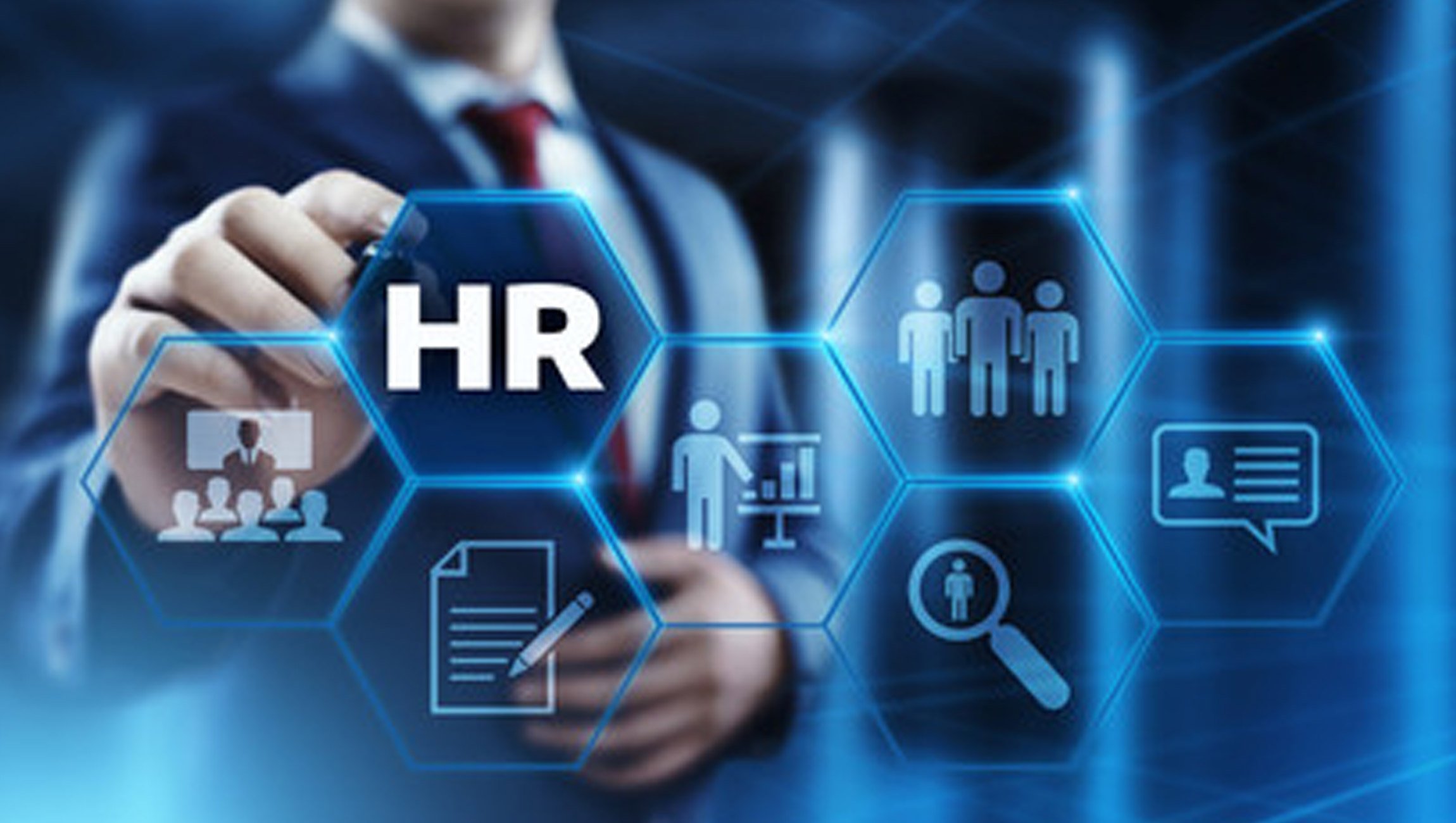Human Resources (HR) is a critical function within any organization, responsible for managing the employee lifecycle, from recruitment and onboarding to development and retention. Traditionally, HR processes have been labor-intensive, time-consuming, and often subjective. However, the integration of artificial intelligence (AI) into HR is revolutionizing how companies manage their workforce, enhancing efficiency, improving employee experience, and making data-driven decisions.
The Role of AI in HR
AI encompasses technologies such as machine learning, natural language processing (NLP), and data analytics. These technologies enable HR departments to automate repetitive tasks, gain insights from large data sets, and provide personalized experiences to employees. The following are key areas where AI is making a significant impact in HR:
- Recruitment and Talent Acquisition: AI streamlines the recruitment process by automating resume screening, candidate sourcing, and interview scheduling. AI algorithms can quickly scan through hundreds of resumes, identifying the most qualified candidates based on predefined criteria. Chatbots assist in initial candidate interactions, answering queries, and scheduling interviews. Companies like Unilever and Hilton use AI-driven tools to enhance their recruitment processes, significantly reducing time-to-hire and improving candidate quality.
- Onboarding: AI-powered onboarding solutions provide new hires with personalized training programs and resources. Virtual assistants guide new employees through the onboarding process, ensuring they complete necessary paperwork, understand company policies, and integrate smoothly into their roles. This enhances the onboarding experience and accelerates the time it takes for new hires to become productive members of the team.
- Employee Engagement and Retention: AI analyzes employee engagement data, such as survey responses, communication patterns, and performance metrics, to identify trends and areas of concern. By understanding factors that influence employee satisfaction and engagement, HR can implement targeted interventions to improve retention. For example, AI tools can identify employees at risk of leaving and suggest proactive measures to address their concerns, such as career development opportunities or workload adjustments.
- Performance Management: Traditional performance reviews are often biased and inconsistent. AI-driven performance management systems provide continuous, objective assessments of employee performance by analyzing data from various sources, such as project management tools, email communications, and peer reviews. This enables more accurate performance evaluations, personalized feedback, and data-driven decisions about promotions and raises.
- Learning and Development: AI personalizes learning and development programs based on individual employee needs and career goals. Machine learning algorithms recommend training courses, articles, and videos tailored to employees’ skills and interests. This targeted approach to professional development enhances skill acquisition and career progression, benefiting both employees and the organization.
- Administrative Automation: AI automates routine administrative tasks, such as payroll processing, benefits administration, and compliance reporting. This reduces the administrative burden on HR staff, allowing them to focus on more strategic activities. Automation also minimizes errors and ensures compliance with regulations.
Case Studies and Applications
IBM Watson in HR: IBM Watson uses AI to transform various HR functions, including recruitment, employee engagement, and talent development. IBM Watson Recruitment analyzes resumes and job descriptions to match candidates with job openings, improving the quality of hires. Watson Career Coach provides personalized career guidance to employees, helping them identify growth opportunities and develop their skills.
SAP SuccessFactors: SAP SuccessFactors leverages AI to enhance HR processes across the employee lifecycle. Its AI-driven tools for performance management provide continuous feedback and coaching, enabling employees to improve their performance. The platform’s learning management system uses AI to recommend personalized learning paths, ensuring employees receive relevant training.
Google’s Internal AI Tools: Google uses AI internally to improve HR processes. Its AI-powered tools analyze employee feedback and engagement data to identify areas for improvement. Google also uses machine learning algorithms to predict employee attrition and implement retention strategies proactively.
Challenges and Considerations
While AI offers significant benefits for HR, it also presents challenges that organizations must address:
- Bias and Fairness: AI systems can inherit biases present in training data, leading to unfair or discriminatory outcomes. Ensuring fairness in AI-driven HR processes is crucial. Organizations must regularly audit their AI systems for bias and implement measures to promote diversity and inclusion.
- Data Privacy and Security: HR data is highly sensitive, containing personal and confidential information about employees. Protecting this data from breaches and ensuring compliance with data protection regulations (such as GDPR) is critical. Organizations must implement robust data security measures and ensure transparency in how AI systems use employee data.
- Transparency and Trust: AI decisions in HR can impact employees’ careers significantly. Ensuring transparency in how AI-driven decisions are made is essential to build trust. Organizations should provide explanations for AI decisions and allow for human oversight to address concerns and appeals.
- Change Management: Implementing AI in HR requires a cultural shift within the organization. Employees and HR professionals may be resistant to change, fearing job displacement or loss of control. Effective change management strategies, including training and communication, are necessary to facilitate the transition to AI-powered HR.
Conclusion
AI is transforming HR by automating routine tasks, providing data-driven insights, and personalizing the employee experience. From recruitment and onboarding to performance management and employee engagement, AI enhances efficiency and effectiveness in HR processes. However, to fully realize the benefits of AI, organizations must address challenges related to bias, data privacy, transparency, and change management. By doing so, they can leverage AI to create a more dynamic, responsive, and employee-centric HR function, ultimately improving organizational performance and employee satisfaction. The future of HR lies in the intelligent integration of AI, promising a more innovative and effective approach to managing the workforce.




